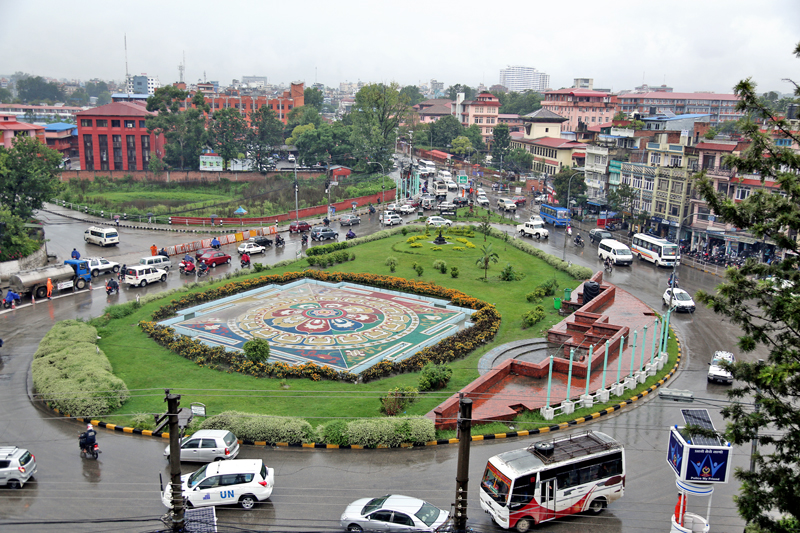NCP draws flak for undermining judiciary
If the leadership of judiciary is strong, it can resist the government’s pressure
Kathmandu, July 11
Some of the statements of Cabinet members and ruling party leaders have drawn flak from legal luminaries for being against the independence of the judiciary.
Constitutional experts Bhimarjun Acharya and Surendra Bhandari said Prime Minister KP Sharma Oli’s remark that ban on protests at Maitighar Mandala would continue was against the independence of the judiciary, mainly because the PM made the remark when the matter was sub judice at the apex court and the court had already issued an interim order.
“When it comes to following rules and norms of democracy, the PM should lead by example. But he would not listen to anyone opposing the ban on protests at Maitighar Mandala,” Bhandari said, “It is because of the government’s undue pressure on the judiciary that the SC often rejects contempt of court petition against the PM.”
Acharya said Minister of Law, Justice and Parliamentary Affairs Sher Bahadur Tamang’s statement that action would be taken against judges for their verdicts was against the independence of the judiciary. “Tamang is a member of the Judicial Council and can initiate action against erring judges through the JC, but he should not make such comments as a Cabinet member,” he added. Acharya said NCP lawmakers’ statements that judges could be impeached might have intimidated judges. “No threat, direct or indirect, should be made against the judiciary,” he said.
Acharya said it was because of the government’s influence on the judiciary that the Supreme Court had attached refusal orders on 100 to 150 writ petitions filed against the government in recent months He said the SC had not issued interim orders even in some genuine cases. “Even in some cases when the SC issued stay orders, the impact of the order was not as strong as experienced lawyers expected,” he argued.
Former justice of the Supreme Court Bala Ram KC said some of the acts of the government, particularly its decision to waive Bal Krishna Dhungel’s jail sentence and its unwillingness to address Dr Govinda KC’s demands, reflected government’s arrogance of its majority in the Parliament.
He said the government waived Dhungel’s sentence even when his case was sub judice. Dr KC is not demanding anything for himself, he is trying to help our society and the government needs to take it seriously, he argued. “Often a party advocates independence of judiciary when it is in the opposition, but when it is in power, it wants a submissive judiciary that endorses all its decisions,” he said. KC, however, said the constitution had incorporated provisions that made the judiciary structurally and functionally independent. “But if the leadership of the judiciary is strong, it can easily resist the government’s pressure,” he added.
KC said Tamang had the power to comment on the court’s verdict as a member of the Judicial Council, but he should refrain from making comments as a Cabinet member because that would amount to interference in the judiciary.






